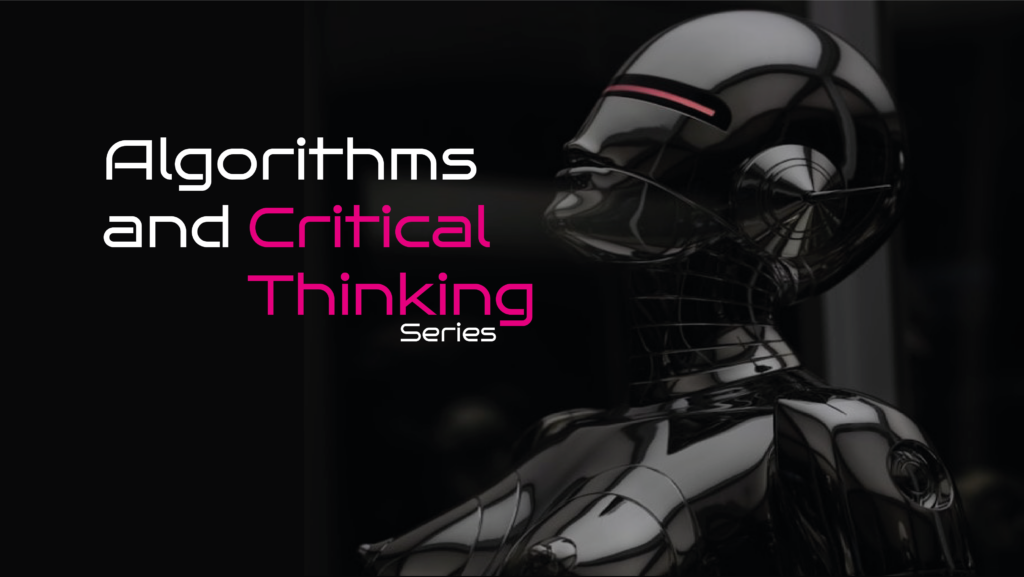Photo by Xu Haiwei on Unsplash
Español abajo ↓
Recently, I’ve noticed how many colleagues advocate for the swift adoption and integration of Artificial Intelligence into our work and that of our clients. While it is indeed important, I believe that globally, we are ALL — including the creators of these technologies themselves — still in a testing phase, particularly concerning Large Language Models (LLMs) such as ChatGPT, Gemini, Perplexity, Copilot, and others.
The Technological Transition in Social Organizations
When working with social organizations, it is crucial to approach this technological transition as safely as possible. Given that these technologies are still in development, they should initially be incorporated into tasks that do not involve sensitive information about the organization or its beneficiaries. This cautious approach should precede any large-scale implementation. It means starting with small-scale pilot projects with clear objectives, focusing on tasks like managing social media, and internal communications, collecting non-sensitive data for surveys or studies, analyzing certain datasets to refine marketing strategies, or automating low-risk administrative tasks.
The Need for a Global Regulatory Framework
We must remain critical and cautious, as we lack a robust regulatory framework. Even the leading figures behind this technological leap have acknowledged the risks associated with AI and called for establishing global regulations. This sentiment has been echoed by Sam Altman, CEO of OpenAI, during his interview at the 2023 Bloomberg Technology Summit; Mustafa Suleyman, CEO of Microsoft AI, in his dialogue with Yuval Noah Harari for The Economist; and Sundar Pichai, CEO of Google, in The Circuit with Emily Chang.
There is a tension between the need for regulation and the fear that over-regulation might stifle technological advancement in Europe. While we may not all be experts in the mechanics of these technologies, expertise is not required to understand the importance of having institutions that safeguard our safety. This is akin to the food industry, where regulatory bodies ensure that consuming products like canned goods or meat poses no threat to human life. In a democratic framework, institutions need to take responsibility for protecting us from potential risks associated with technological progress. In this regard, Europe is currently leading the way with the creation of The EU Artificial Intelligence Act.
A Safe and Equitable Future for AI Adoption
As communication professionals, it is our fundamental responsibility to contribute to the ongoing debate about ensuring that AI usage does not undermine human rights, perpetuate discrimination, reinforce biases, or spread misinformation through its algorithms. We must strive to develop and employ safe, reliable technology that bridges gaps in poverty and knowledge rather than widening them. In this way, AI can become a powerful tool for social progress and collective well-being.
EL FRENESÍ DE LA ADOPCIÓN DE LA INTELIGENCIA ARTIFICIAL: ¿NOS CIEGA ANTE LOS RIESGOS?
Recientemente he observado cómo muchos colegas hacen un llamado a adoptar e incorporar rápidamente la Inteligencia Artificial a nuestro trabajo y al de nuestros clientes. Es verdad que es importante, pero creo que a nivel mundial, estamos TODOS, incluyendo a los propios creadores de estas tecnologías, en fase de pruebas, sobre todo en lo que respecta a los LLM´s. (Chatgpt, Gemini, Perplexity, Copilot, etc)
La transición tecnológica en organizaciones sociales
Al trabajar con organizaciones sociales es importante hacer esta transición tecnológica, de la forma más segura posible, teniendo en cuenta que estas tecnologías aún estan en fase de desarrollo, las podemos incorporar en tareas que no comprometan información sensible de la organización ni de sus beneficiarios, antes de una implementación a gran escala. Esto implica comenzar con proyectos piloto a pequeña escala, con objetivos claros en tareas como la gestión de redes sociales, la comunicación interna, la recopilación de datos no sensibles para encuestas o estudios, análisis de algunos datos para mejorar nuestras estrategias de marketing, o la automatización de tareas administrativas de bajo riesgo.
La necesidad de un marco regulatorio global
Debemos ser criticos y precavidos, ya que de momento no contamos con un marco regulatorio solido, lo cual también han solicitado los propios protagonistas de este salto tecnológico, quienes han alertado del riesgo de la IA y la necesidad de crear un marco regulatorio global, como se puede escuchar a Sam Altman OpenAI, CEO, en está entrevista en el Bloomberg Technology Summit. 2023, o Mustafa Sulleyman, Microsoft AI, CEO en diálogo con Yuval Noah Harari para The Economist, y Sundar Pichai, Google, CEO en el programa The Circuit de Emily Chang.
Existe una tensión entre la necesidad de regular y el temor a que una sobrerregulación frene el desarrollo tecnológico en Europa. Aunque no seamos expertos en el funcionamiento de estas tecnologías, tampoco es necesario serlo para comprender la importancia de contar con instituciones que velen por nuestra seguridad, tal como ocurre en el ámbito alimentario, donde se garantiza que consumir productos como conservas o carne no represente un riesgo para la vida humana. En un marco democrático, es fundamental que las instituciones asuman la responsabilidad de protegernos de posibles riesgos asociados al avance tecnológico.En ese sentido Europa de momento lleva la delantera con la creación de The EU Artificial Intelligence Act
Un futuro seguro y equitativo en la adopción de la IA
Es tarea fundamental como personas que trabajamos en el sector de la comunicación, contribuir al debate actual sobre la necesidad de que el uso de la IA no socave los derechos humanos, ni perpetúen discriminaciones, sesgos o desinformación dentro de sus algoritmos. Debemos esforzarnos por desarrollar y utilizar una tecnología segura y confiable, que cierre las brechas de pobreza y conocimiento, en lugar de ampliarlas. De este modo, la IA puede convertirse en una poderosa herramienta para el progreso social y el bienestar colectivo.

